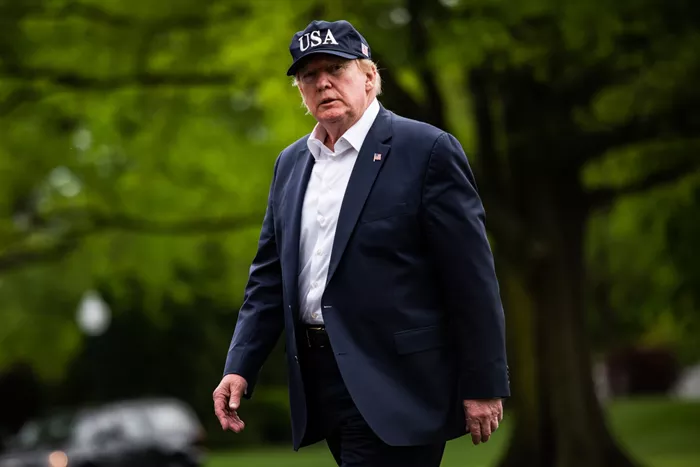While the United States was negotiating a trade deal with China, President Donald Trump sent active-duty Marines to help control protests in Los Angeles. This move surprised many because it did not target China, but rather American citizens.
The Marines are a relatively small force, with about 168,000 personnel—half the size of the Navy and one-third the size of the Army. They are currently undergoing a major redesign to prepare for a possible large-scale war with a peer competitor like China. This future conflict would involve complex naval and amphibious operations near contested waters.
Sending Marines to Los Angeles to manage protests weakens their readiness for these future missions. Local and regional police forces could handle the situation without military involvement. Moreover, the President’s quick deployment preempted local authorities and escalated tensions unnecessarily.
By law, Marines are not allowed to perform riot control; their role is limited to protecting federal agents and property. Even if the Insurrection Act were applied to expand their role, they would still need to follow strict legal rules for law enforcement.
Military training in crowd control mainly focuses on foreign combat zones, where rules of engagement differ from those used by domestic police. Some observers worry that the President may be trying to relax domestic rules to allow harsher military involvement in future protests.
In any case, the Marines’ domestic mission is a distraction from their primary goal: preparing for high-intensity conflict with rivals like China. The Corps has committed to focusing on large-scale, complex warfare, which requires full attention and resources.
Using active-duty troops for political purposes at this time is risky and irresponsible. It also risks damaging civil-military relations, which are critical for national security. The Marines want to concentrate on their strategic mission rather than supporting local law enforcement.
This deployment is part of a broader trend of politicizing the military and seeking its loyalty to President Trump. For example, a planned military parade forced some units to cancel essential training.
U.S. military personnel are professional and respect the office of the commander-in-chief, regardless of who holds it. However, repeated attempts to politicize the military risk eroding this respect and harming morale. Even small drops in morale can affect performance in a future war, where every margin counts.
The U.S. military’s strength lies partly in its belief in fighting for American ideals. This belief is challenged when the country acts like its historical adversaries. Trump’s approach risks making the military look more like a tool for domestic repression than a force focused on national defense.
Deploying 700 Marines for 60 days in Los Angeles will not ruin U.S. military capabilities overnight. However, it sends a message both at home and abroad. It shows that Trump prioritizes political image over long-term military readiness. China’s leadership likely views this as a sign of weakness.
In the end, this deployment does not make the U.S. stronger against China. Instead, it raises concerns about the future effectiveness of the Marine Corps and the health of American civil-military relations.


